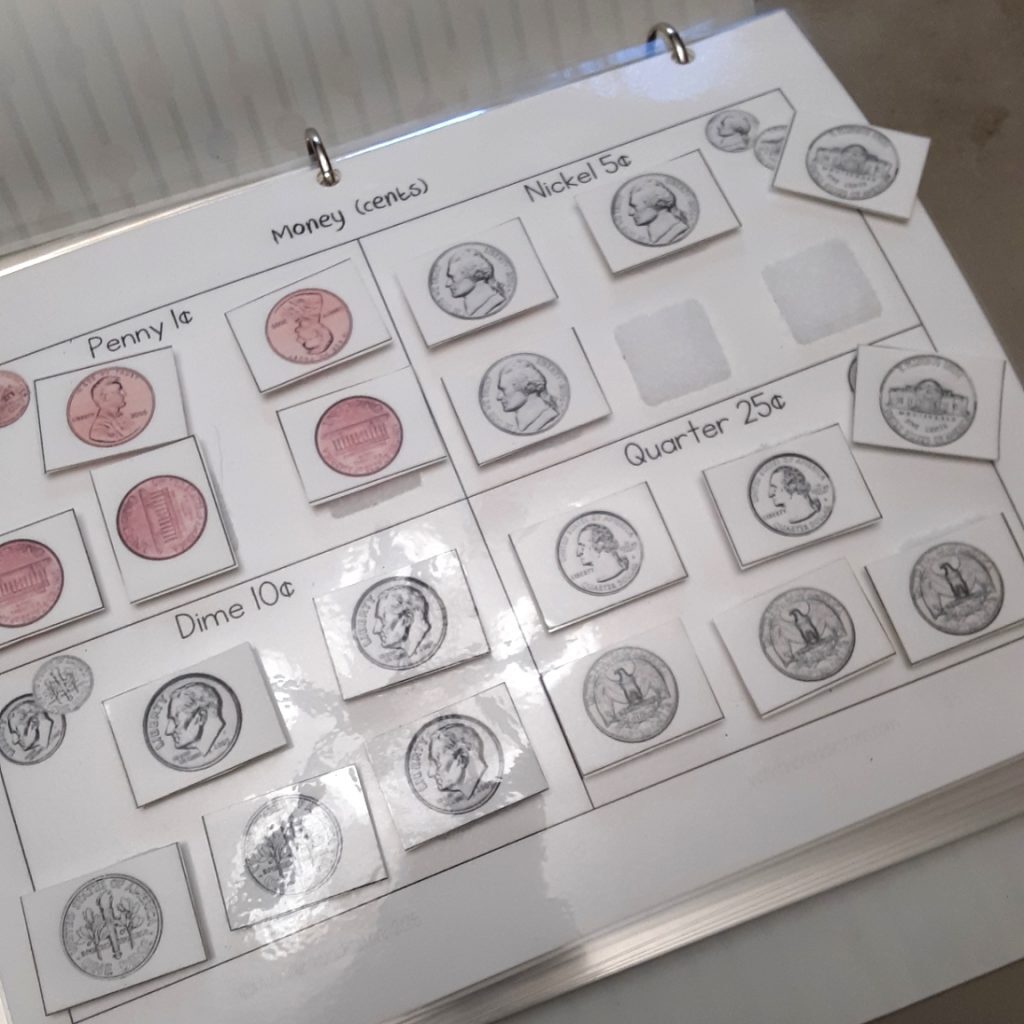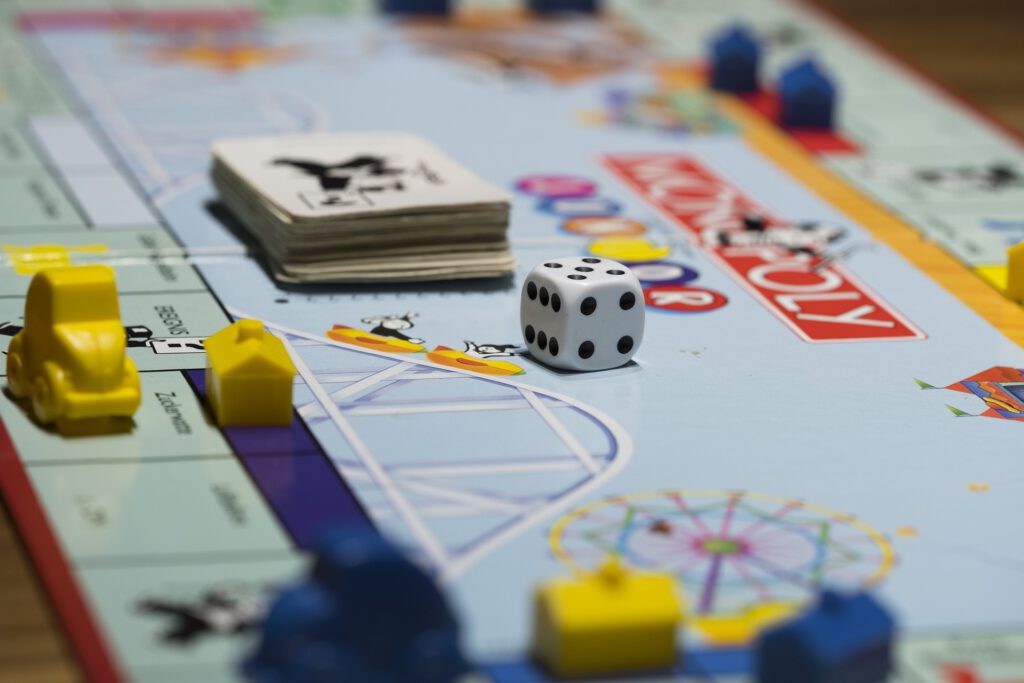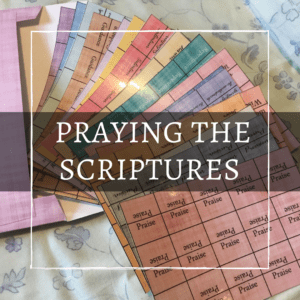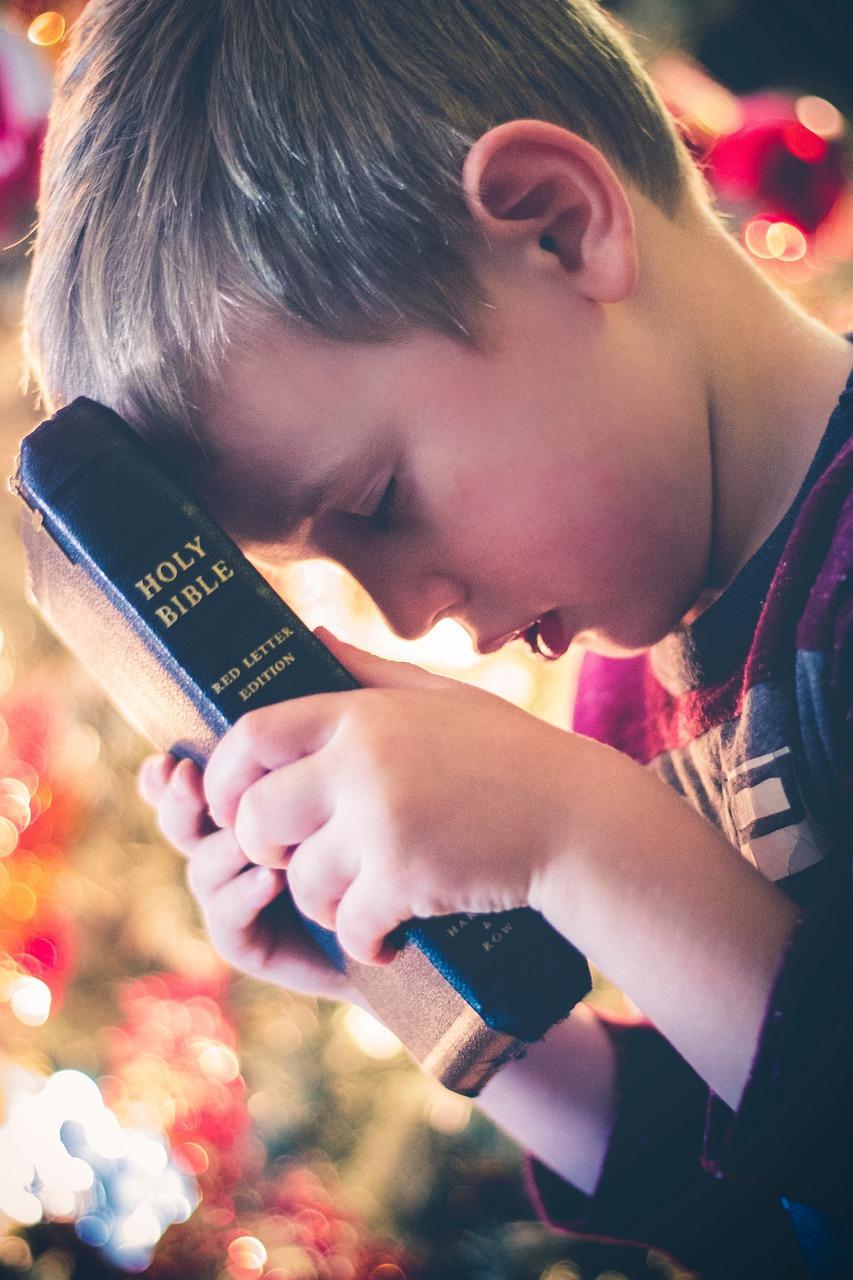It is fun to watch how children work with cash differently as they grow older. I was recently at the video game store with my 14-year-old son. He was certain he had enough to pay for his game and nerf gun without help. So, he flung, yes flung, his money on the counter. To his dismay, the store clerk announced that he was $1.66 short. Thankfully, I was close by and suggested he switch out the small bills for a $10, and all was well.

Even in our credit heavy society, we all still need to be able to navigate cash. Just recently, I have discovered at least three local businesses who have started charging an extra 3% if you pay with a credit card. That’s a charge I’d rather avoid, so I need to have cash for places like the pet store. That’s one reason we should teach our children how to use cash. If you have ever watched awkwardly as a cashier fumbled to make change, you know the other reason. Cash is still part of doing business, and could be well into the future, so let’s talk about some fun ways we can give our children confidence with coins and bills.
Teach preschoolers about coins
When children are little, the more hands-on the better. Real coins and cash are great if your child is old enough to not swallow or lose them. Until then, math manipulatives are a great choice. My five-year-old loves his math matching game from With the Huddlestons. With some laminating sheets and velcro dots, you can make a fun matching math book. My son has learned counting, shapes, and identifying coins.

Be sure to interact with your child while they play with their “coins.” Simple phrases like, “Can you hand me the nickel?” while pointing at a nickel will help them learn the names. Then you can begin teaching them the value of each coin.
Play store at home
This is such a cool activity for your kids. Have them collect all their stuffed animals and toys, or if you are feeling adventurous, let them borrow some canned goods from the pantry. Then, turn them loose to set up a store. You can use post-its for price tags. My children have enjoyed making their own money, but play money from a board game would also work. Then, they can take turns purchasing and working the check-out counter.
This game will stretch their adding skills, and help them with basic social skills. If they are still math beginners, I would keep the money simple. Only work with pennies, for example. Then, they are simply counting pennies and no change back is required. As they get more advanced, you can introduce more currency, and show them how to make change.
Play board games
If you played Monopoly as a child, you are probably pretty good with cash as an adult. Though landing on Park Place with a hotel was always painful, it definitely helped you with counting money, and reinforced the inescapable truth that you were running out. Playing with board games is a great way to sneak in money practice. It may also help them learn to be more financially savvy, and learn the balance between playing it safe and taking risks. We can only hope!

Give them wallets
When my children were very little, I kept their birthday money safe for them. Now that I’m older and hopefully wiser (seven children ages 5-17) I make sure they have a wallet and put them in charge of their own money. Has money gotten lost? Yep! And I let them feel the pain and frustration, and I rejoiced with them when they found it again. Learning to keep track of their own money is a valuable skill. When you are an adult, no one is going to give you a $20 bill because you misplaced yours. As much as it pains me to see my children frustrated over a loss, I need them to learn to be responsible, and lectures aren’t going to accomplish that. On the bright side, though we’ve had a couple lost and found incidents, for the most part, my children have learned to keep track of their wallets and feel very grown up when they can pay for their own items at the store.
Take them to thrift stores
Our local second hand store is probably our favorite place to shop. I can keep all of us in clothes for great prices, and my children can pick out little treasures and pay for them with their own money. Thrift stores can be a great place for your children to start learning to pay for their own purchases. We go in our store often enough that the clerks know us well, and are particularly patient as my children count out their bills. I am always at hand to help if they get stumped.
Our store is a St. Vincent dePaul, and does a great job of giving back to the community. So, my children know that when we donate or purchase from them, we are also helping people who need food or clothing. It is never too early to teach our children to be generous and help others in need. Not all thrift stores are created equal, so do some checking. How does your store help the community? This information should be readily available for the asking.
Now, get going…
What idea do you think would be the most helpful in teaching your children about cash? How comfortable are you with cash?
This post may contain affiliate links. Your cost remains the same, while I receive a small percentage of any sale.















2 Responses
This is so great. Thank you for laying this out in such a beautiful and applicable way. my comment is actually a question: how do your children earn money, what does this look like in your home? do you give allowanace? DO you have paid tasks? can you guide me in this area as well please. THank you!
We are not in a position to give seven children allowances, but they do have generous grandparents who give them gift money. I think paid jobs are a great idea for kids, to reward them for extra work. We have done this on occasion. I do expect them to be responsible for whatever money they have, and yes, sometimes they lose it for awhile.